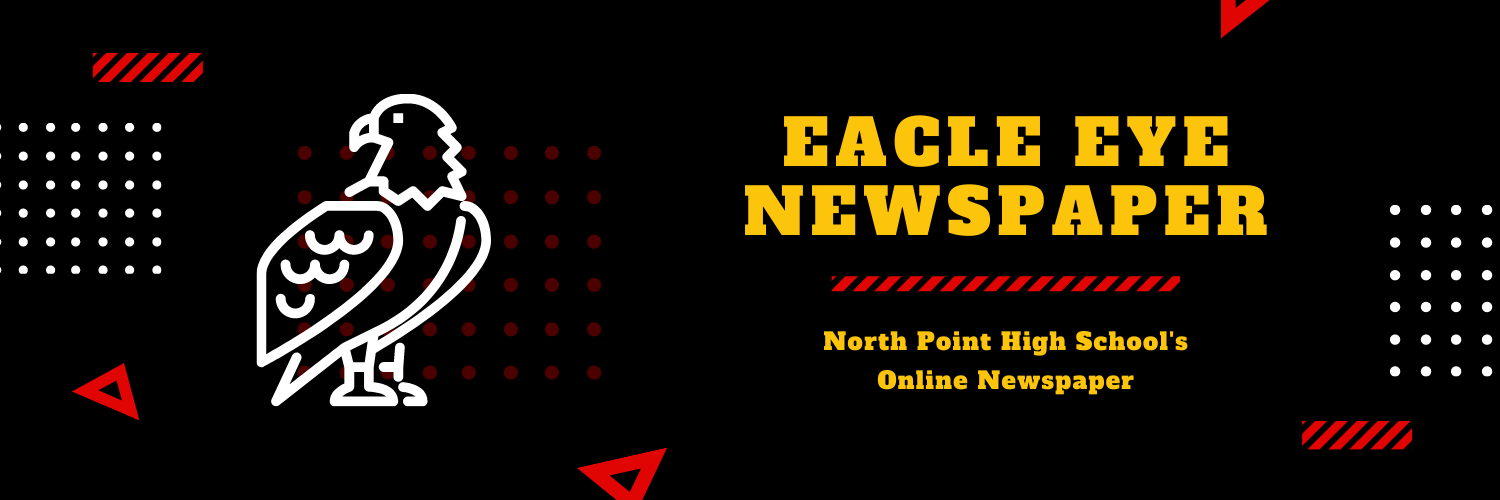The second and third weeks of May, students shuffle in and out of the gymnasium, ink pens and sharpened wooden pencils in hand. One to a table, they sit for hours, racing through multiple choice questions and scrawling paragraphs for free response questions. Advanced Placement Exam season has arrived.
Preparing for AP Exams is a long process: it starts with summer reading before students have even walked into class for the first time and ends hours before they rip open the shrink wrap protecting the tests from prying eyes. As the tests begin, there are a few tips that current AP students can use for last-ditch studying and future students can keep in mind for next year.
The social sciences and history AP exams offered at North Point include US History, World History, European History, US Government and Politics, Macroeconomics, Microeconomics, Human Geography, and Psychology.
For the history exams, an essential point for students is to familiarize themselves with essay formats. AP World teacher Mr. Serpone is famous for his cookie cutter essay format, which clarifies what students need to write to get every point in the rubric. “If you use Serpone’s cookie cutter and the structure he gave you, you’ll at least get a seven,” said Austin Fisher (’13), who received a perfect score of five on his AP World Exam last year. “In AP World, it’s not about how well you can write, it’s about the content.”
Serpone echoed that sentiment, stating, “At this point, you’ve got to know the essays inside and out.” As for multiple choice, he added a common piece of advice, “Narrow it down to two – if you can do that, you have a good chance.”
Advice remains the same for other history classes, like European and United States histories. “What I remember is that I wrote really strong essays. You can’t learn the material [at this point], but you can learn the application of the material,” said Garrett Davis (’13). “Use what you know.”
Other exams take a different format. For AP Psychology, terms matter most. “Definitely for AP Psychology, it’s a vocabulary based test,” said Ms. Ball, the instructor. Students should practice with flashcards and attend NEST sessions.
Vocabulary also plays a big role for the Human Geography test, which is concerned with knowledge of anthropology, geography, religion, language, and the like. Students should also review world maps and be aware of countries and capitals.
Overall, preparing for AP history and social studies tests at this point in the year is a matter of knowing structure and format like the back of one’s hand.



